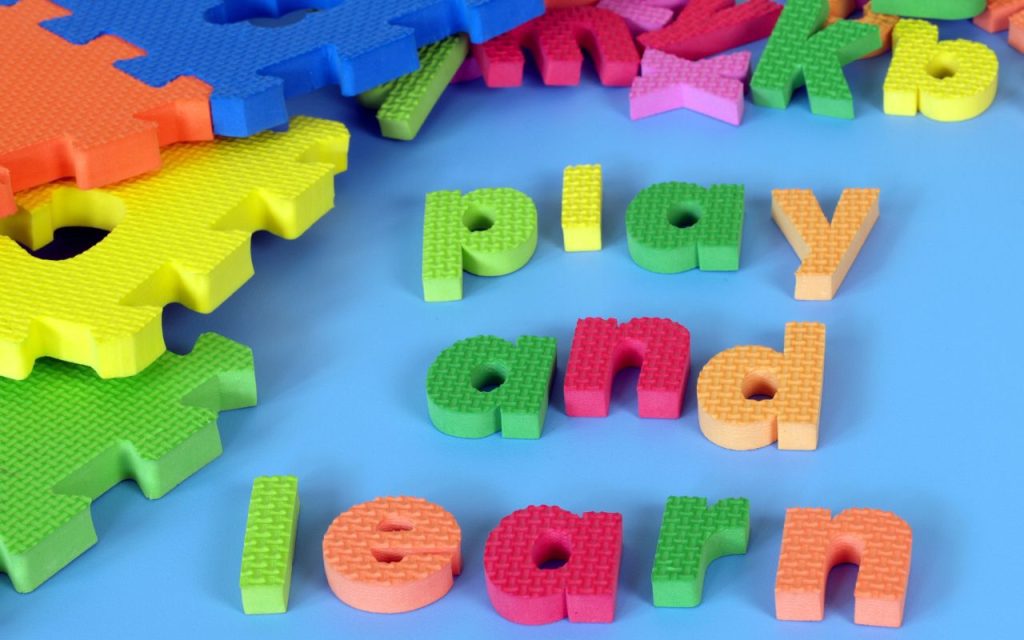Phone:
+254 728 451854
Physical address:
Dagoretti Along Kikuyu Road, positioned between Dagoretti Centre & Thogoto, Nairobi, Kenya

Play-based learning is an effective approach to early childhood education, especially in kindergarten. It allows children to learn through activities they enjoy while developing important academic and social skills. At Cradles to Crayons School, we understand the importance of play-based learning in kindergarten, as it fosters creativity, critical thinking, and emotional development.
Play-based learning in kindergarten is an educational method where children learn by engaging in play activities. Instead of traditional lessons, children explore, experiment, and interact with others, helping them develop new skills. This approach makes learning fun, which leads to a deeper understanding and retention of knowledge.
For example, playgroup programs for 3-year-olds focus on developing early literacy and numeracy skills. During playtime, children are exposed to basic math and language concepts, like counting and recognizing letters, through games and stories. This method is highly effective in teaching foundational skills in an enjoyable way.
Literacy skills are vital for a child’s academic journey. Play-based learning in kindergarten enhances these skills by encouraging children to explore language in different ways.
Through play, children develop vocabulary by engaging in conversations, storytelling, and singing. Interactive games also help in recognizing letters and sounds, forming the foundation for reading. Playgroup programs for 3-year-olds often involve storytelling sessions and word-building activities that improve phonetic skills and reading comprehension.
When children have fun with words, they develop a love for reading that will last a lifetime. Play-based learning helps them build these essential literacy skills in a relaxed, non-pressuring environment.
Mathematics can sometimes seem challenging for young children, but play-based learning in kindergarten makes it easier and more engaging. By incorporating numbers into play, children begin to understand mathematical concepts like counting, sorting, and measuring.
For instance, during playgroup activities, children may sort objects by size or color, helping them develop critical thinking and numeracy skills. Simple board games and puzzles are also great for improving mathematical understanding. These hands-on activities encourage children to grasp mathematical concepts intuitively.
Social development is just as important as academic learning in early childhood education. Play-based learning gives children the opportunity to interact with their peers, which helps them build social skills such as cooperation, sharing, and problem-solving.
When playing in groups, children learn to take turns, express their feelings, and understand others’ emotions. These skills are crucial for their overall emotional intelligence and will benefit them throughout their lives. Playgroup programs for 3-year-olds also foster teamwork and empathy as children collaborate in small group activities.
By engaging in play-based learning in kindergarten, children develop social confidence and emotional resilience. These experiences shape them into well-rounded individuals, prepared to navigate the world around them.
Cognitive skills such as critical thinking, creativity, and problem-solving are nurtured through play-based learning. Children’s brains are highly active during play, making it an ideal time to develop their cognitive abilities.
Building blocks, puzzles, and pretend play all encourage children to think strategically and solve problems. This not only helps their cognitive growth but also prepares them for more structured learning as they move on to primary school. The joy of discovery through play fosters a lifelong love of learning.
The impact of play-based learning in kindergarten is far-reaching. It provides a foundation for lifelong learning and helps children develop the skills they need to thrive in school and in life. From enhancing literacy and numeracy skills to fostering social and emotional development, play is a crucial part of early education.
For children, play isn’t just fun; it’s a powerful tool for growth. By choosing a kindergarten that embraces play-based learning, parents ensure their children have a strong academic and social foundation.
At Cradles to Crayons, we believe in the power of play-based learning in kindergarten. By integrating play into the curriculum, we ensure that children develop the essential skills for literacy, numeracy, and social interaction. Our playgroup programs for 3-year-olds are designed to spark curiosity, foster creativity, and build a love of learning.
If you want your child to thrive in a fun, supportive environment, choose a school that prioritizes play-based learning. At Cradles to Crayons, we are committed to giving your child the best start to their educational journey.